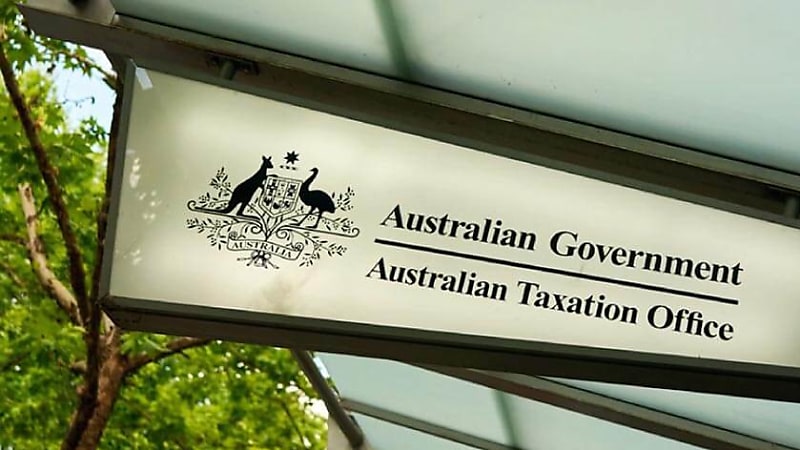Family relationship an important aspect of qualifying as death benefit dependant: PBR
A death benefit dependant does not have to be biologically related to the deceased, but it makes it more difficult to satisfy the strict requirements needed to qualify as a beneficiary if they aren’t, according to a recent ruling.
The private binding ruling (1052405581357) was instigated by the beneficiary, who is not the biological adult child of the deceased person.
In the application, the beneficiary provided the tribunal with documents, including the deceased’s will which appointed the beneficiary as the executor and trustee of the will, executed power of attorney for the deceased, an advanced care directive appointing the beneficiary as the caretaker, a copy of the certificate of title for the residence shared by the beneficiary's family and the deceased showing the property was sold by the deceased to the beneficiary and their spouse, and various utility bills paid from the beneficiary’s account.
Additional documentation in support of the statements made by the beneficiary regarding the relationship between them and the deceased included photos of the shared residence depicting their living arrangements, social media photos showing the relationship duration and shared family events over time.
The tribunal heard that the beneficiary and the deceased met at work and spent an increasing amount of time socialising over many years. The beneficiary’s spouse purchased a farm with the deceased as a business partner, although there was no evidence to support this statement.
The beneficiary stated that when the deceased's health declined, this limited their social contact outside of the beneficiary's family, but they accompanied the deceased to their medical appointments and became their main support during this time.
The beneficiary and their family moved into the house at the farm and lived together with the deceased, making a commitment to a shared life and intending to live together permanently. No evidence was provided regarding the sale of this property, as mentioned.
It was also stated that the beneficiary and their spouse shared all the domestic tasks of running the combined households, including caring for the beneficiary's children and running the farm.
The tribunal ruled that, first, as the beneficiary is not a biological adult child of the deceased, paragraphs 302-195(1)(a) and (b) of the Income Tax Assessment Act 1997 are not applicable. Additionally, the beneficiary was not financially dependent on the deceased and therefore, paragraph 302-195(1)(d) of the ITAA 1997 is not applicable.
Furthermore, it said that even though two persons, whether or not related by family, can have an interdependency relationship, in this case, there was no evidence provided to substantiate that a close personal relationship existed between the beneficiary and deceased before their death.
“All information provided in the application suggesting a close personal relationship were only statements without supporting evidence, therefore, the facts cannot be established based on statements,” the ruling said.
“Therefore, a close personal relationship did not exist between the beneficiary and the deceased and the first requirement specified in paragraph 302-200(1)(a) of the ITAA 1997 has not been satisfied in this case.”
The ruling said that the requirement of living together had been met, as had the requirement for financial support; however, in relation to the fourth requirement of domestic care, no evidence was provided to support the claim.


